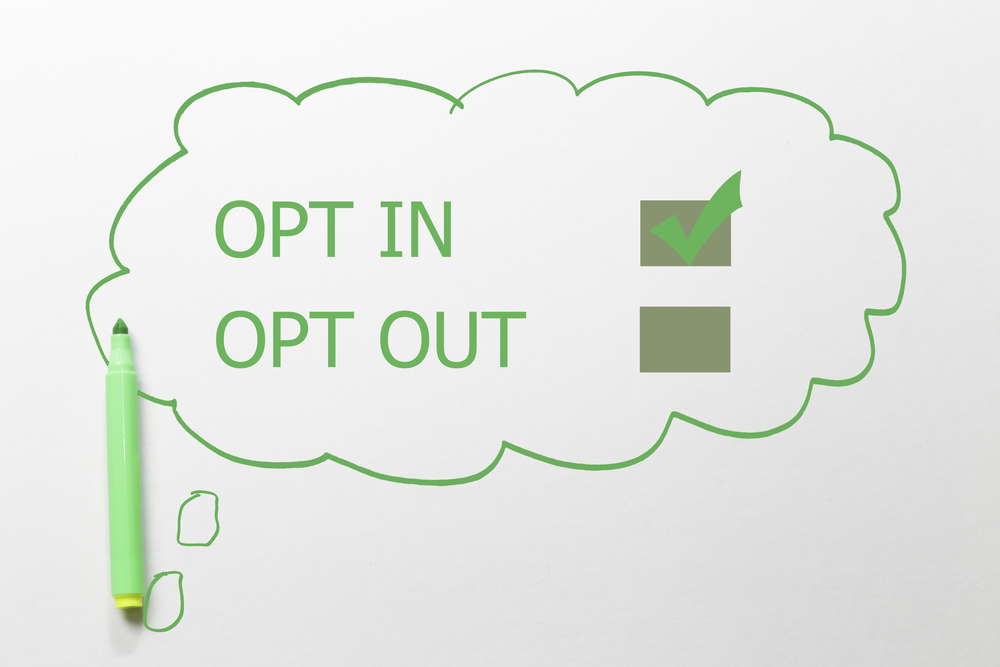Despite the success seen in the first 10 years of auto-enrolment (AE), rising inflation and the cost-of-living crisis could threaten a surge in opt-outs, industry experts have warned.
Amid the 10-year anniversary of AE, industry organisations have been reflecting on the success of the initiative, with Hargreaves Lansdown senior pensions and retirement analyst, Helen Morrissey, highlighting the first decade of AE as an “enormous success”.
“Well over 10 million people have been brought into workplace pensions and are building a retirement income that will help them be financially resilient in later life," she stated.
However, Morrissey warned that the “way ahead is unclear”, as the new Pensions Minister, who has yet to be confirmed, will face a “bulging in-tray", with "every chance auto-enrolment enhancement could be kicked into the long grass”.
In particular, Morrissey explained that the new minister will face "the very real headache of deciding whether now is the right time to expand auto-enrolment", as the current cost-of-living crisis is putting many people at risk of financial turmoil.
“Earlier this year we used the HL Savings and Resilience Barometer to model the likely impact of the introduction of the 2017 Review reforms as well as a step up to 12 per cent minimum contributions," she continued.
"The results were startling – if the 2017 reforms were introduced in 2025, we could see a 3.5 per cent increase in people’s long-term financial resilience by 2029.
"However, this would be offset by an immediate decrease in people’s surplus income of 3 per cent, while rainy day savings (3 months emergency savings) would have decreased by 3.3 per cent as would net financial assets by 2029."
According to Morrissey, the scenario is "even starker" if minimum contributions were increased to 12 per cent, with a 9.3 per cent increase in retirement resilience being offset by an immediate fall in surplus income of 8.8 per cent, while rainy day savings would fall by 9.8 per cent and net financial assets by 9 per cent by 2029.
"Auto-enrolment has achieved real progress in its first decade and as it enters its second it could continue to help people build their long-term financial resilience," she added. "However, hiking rates too high during a financial crisis risks undermining what has been achieved so far.”
These concerns were echoed by AJ Bell head of retirement policy, Tom Selby, who said that there are "warning signs flashing" over the impact rising inflation could have on retirement saving.
“Rising living costs are threatening to trigger a surge in opt-outs, with more than a third of those auto-enrolled members saying they have either already opted out or are considering opting out,” he continued.
“Worryingly, younger savers appear more likely to quit their pension scheme than their older counterparts. Almost half (47 per cent) of respondents aged 18-34 said they had either opted out or were considering opting out, compared to 29 per cent of those aged 35-54 and just 16 per cent of over 55s.
However, Bell suggested that there may be options to consider, such as an auto-enrolment opt-down, rather than an opt out.
“If Government is looking for radical ways to prevent mass opt-outs resulting from high inflation, it could consider temporarily allowing auto-enrolled workers to pause their personal contributions while maintaining their employer contribution," he explained.
“This would help limit the hit to people’s pension pots and maintain the link between the employee and their scheme.
"Once the current crisis has eased the mandatory employee contribution element could be reintroduced, with policy focus turning to raising contributions across the board."
Indeed, St James Place divisional director of retirement planning, Claire Trott, also argued that while it may be tempting to pause or stop contributions, "it's beneficial to maintain your full workplace pension contributions".
"Our analysis shows that over time, you can build up a very healthy retirement pot just through your workplace pension," she added.
“Auto-enrolment has been a positive initiative in the past ten years to encourage people to save for retirement. It’s worth remembering that anything you pay into your pension comes with tax advantages, and you benefit from employer savings as well.
"Furthermore, if you are in the position to top up, or your employer pays higher monthly contributions, this could make a substantial difference down the line and pave the way for a more comfortable retirement.”
Latest News
-
OBR analysis reveals potential impact of salary sacrifice changes
-
Strong funding levels continue as endgame landscape reshaped by innovation
-
Harwich Haven Authority Pension Fund finalises £45m buy-in with Royal London
-
GAD publishes LGPS gender pension gap reporting guidance
-
DB scheme funding levels continue to improve heading into 2026
-
News in brief - 6 February 2026
Private markets – a growing presence within UK DC
Laura Blows discusses the role of private market investment within DC schemes with Aviva Director of Investments, Maiyuresh Rajah
The DB pension landscape
Pensions Age speaks to BlackRock managing director and head of its DB relationship management team, Andrew Reid, about the DB pensions landscape
Podcast: From pension pot to flexible income for life

Podcast: Who matters most in pensions?

In the latest Pensions Age podcast, Francesca Fabrizi speaks to Capita Pension Solutions global practice leader & chief revenue officer, Stuart Heatley, about who matters most in pensions and how to best meet their needs
© 2019 Perspective Publishing Privacy & Cookies










Recent Stories